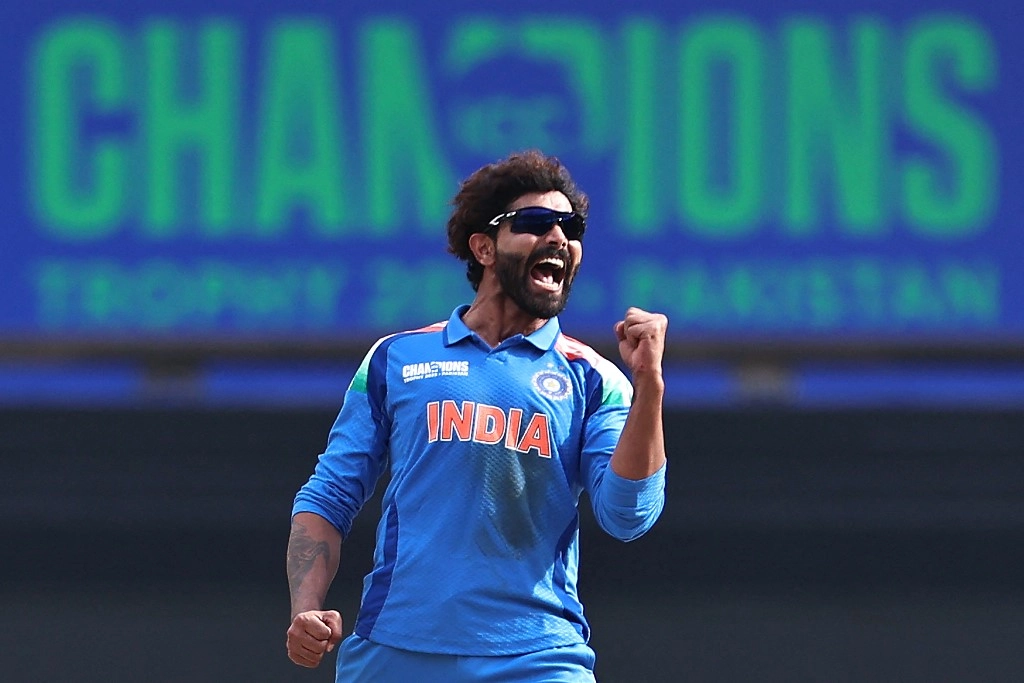During the recent US Open, a notable incident occurred when photojournalist Tim Clayton found himself at the center of controversy after being criticized by tennis player Daniil Medvedev during the first-round matches. The moment unfolded when Medvedev, visibly frustrated by his performance and the surrounding distractions, directed his ire towards media personnel, singling out Clayton. This exchange sparked significant attention, both for its intensity and the implications it raised about the relationship between athletes and the media.
In the aftermath of the incident, Clayton took to social media to address the situation, providing his perspective on what transpired. He expressed his understanding of the pressures athletes face, particularly during high-stakes matches like those at the US Open. Clayton emphasized that while he respects the emotional rollercoaster that players endure, it is also important to maintain a professional atmosphere in the sport. His response highlighted the delicate balance between capturing candid moments for the media and respecting the players’ mental states during competitions.
This incident also sheds light on the broader dynamics of sports journalism, where the line between coverage and intrusion can sometimes blur. Athletes, under immense pressure, may react strongly to perceived distractions, which can lead to confrontational moments. As Clayton reflected on the encounter, he reiterated his commitment to his role as a photojournalist, underscoring the importance of storytelling in sports while also advocating for mutual respect between players and the media.
The exchange between Medvedev and Clayton serves as a reminder of the human element in sports, where emotions can run high and the stakes are enormous. It raises questions about how athletes manage their public personas while dealing with the scrutiny that comes with fame. As the US Open continues, both players and media personnel must navigate this intricate relationship, ensuring that the spirit of the game remains intact, even amidst the pressures of competition.




